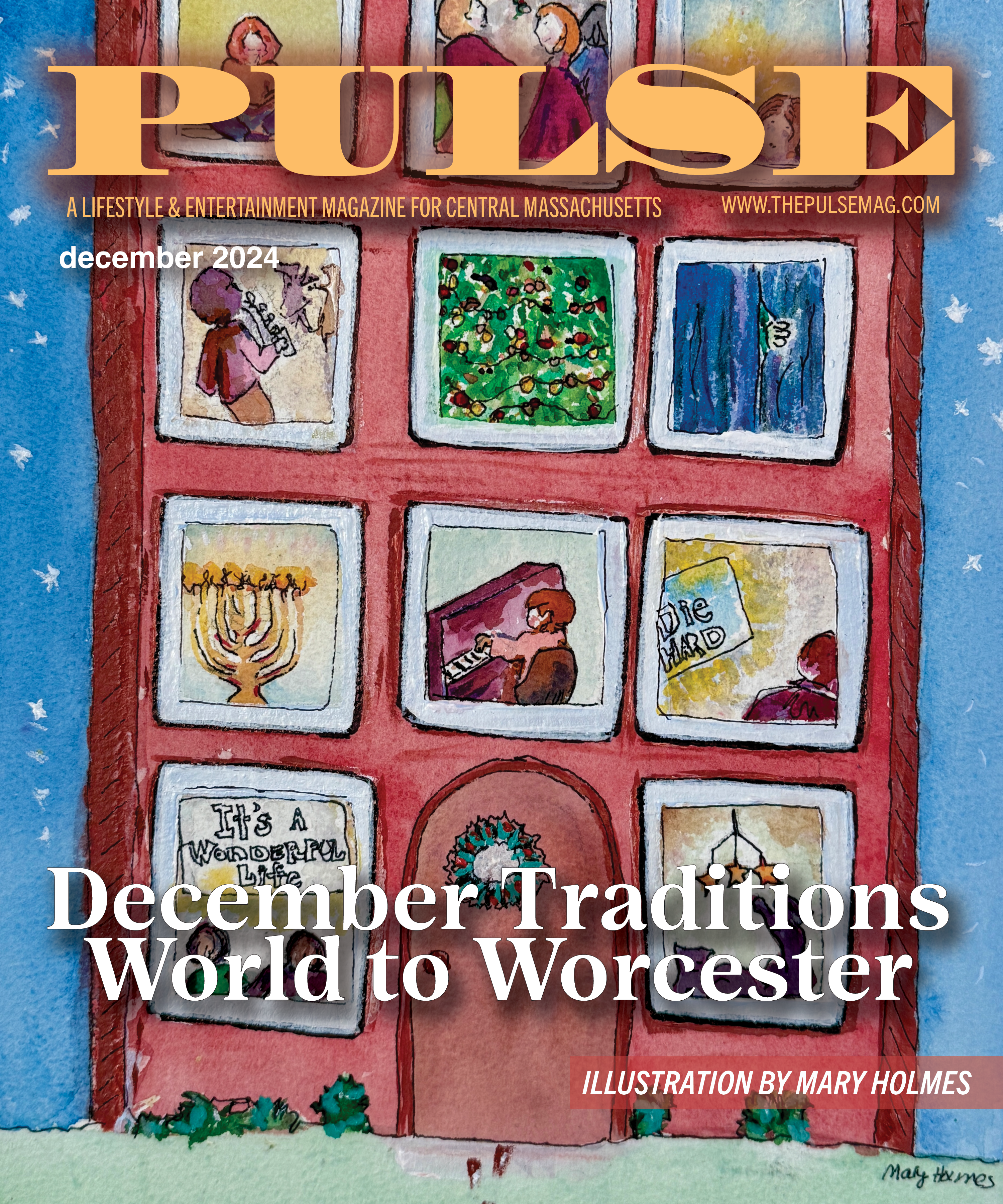Short stories for long summer days
By Annette Cinelli
 If you are looking for a perfect book to bring on your summer road trip, day at the beach, or week long vacation in the Bahamas, the way to go is a collection of short stories. Check out Jhumpa Lahiri’s latest book, Unaccustomed Earth. Her newest collection is just as good as her eloquent debut collection Interpreter of Maladies and her novel The Namesake. The Pulitzer Prize-winning author brings us this collection of eight short stories broken up into two parts. Part one consists of five stories that stand on their own, while part two is a trio of linked stories about the lives of a girl and boy who meet as children and reunite years later as adults in Rome.
If you are looking for a perfect book to bring on your summer road trip, day at the beach, or week long vacation in the Bahamas, the way to go is a collection of short stories. Check out Jhumpa Lahiri’s latest book, Unaccustomed Earth. Her newest collection is just as good as her eloquent debut collection Interpreter of Maladies and her novel The Namesake. The Pulitzer Prize-winning author brings us this collection of eight short stories broken up into two parts. Part one consists of five stories that stand on their own, while part two is a trio of linked stories about the lives of a girl and boy who meet as children and reunite years later as adults in Rome.
The universal themes in this collection strike a chord. Although most of the characters are Bengali immigrants and their Americanized children who struggle with the contrast between their parents’ values and expectations and those of the culture they have embraced as their own, it is also about relationships. The stories deal with relationships between parents and children, husband and wife, lovers, friends, and siblings. They also deal with the universal themes of taking care of a widowed parent, unrequited love, alcoholism, and growing up. Lahiri paints a vivid portrait of each of the characters in her stories. In less than a hundred pages you feel like you really know the people about whom she has written.
All of the stories are well-written. One that particularly stands out is the title story about Ruma and her father. Ruma is a young mother living in Seattle and dealing with the loss of her mother, raising a young son, and being pregnant, while her father is dealing with the loss of his wife and a new, secret love interest. Ruma has not been the same since her mother passed away. Her husband, Adam, “…by allowing her to leave her job, splurging on a beautiful house, agreeing to having a second baby…was doing everything in his power to make Ruma happy. But nothing was making her happy; recently, in the course of conversation, he’d pointed that out, too.”
Ruma struggles with issues to which many women can relate. As she prepares for her father’s visit, she can’t help but think of how different it would be if her mother were still alive. Her mother wouldn’t ask to visit, as her father does, but would tell Ruma that she is coming. Her mother would help with the laundry and teach her grandson, Akash, Bengali nursery rhymes, rather than behaving as Ruma fears her father will, sitting down glued to the Times as he did on his last visit. She also feels guilty about not taking her father in to her home. In India, it would go without saying that after her mother’s death her father would move in with her and she would take care of him. Ruma’s father is healthy and she knows he can take care of himself, yet throughout his visit she debates about inviting him to move in with her family.
Regardless of Ruma’s misgivings, her father is enjoying his retirement despite his wife’s passing, traveling throughout Europe and beginning a secret relationship with an Indian woman he met on one of his trips. While visiting his daughter, he bonds with his grandson while tending to Ruma’s garden. This story is well-written with a touching ending and characters to whom you are sad to say goodbye.
In Hell-Heaven, the second story in the collection, the narrator, Usha, recollects her family’s relationship with Pranab Kaku, a lonely man from Calcutta whom she and her mother met one afternoon while running errands on Mass Ave. in Boston. Pranab Kaku was welcomed into her family and was like an uncle to Usha. He was close to her parents, especially her mother, Aparna, who lived for his visits. Aparna was in love with him and her heart was broken when he became engaged to an American woman. He completely changed after the marriage, a “hell-heaven” difference, as Aparna calls it. This story beautifully captures Aparna’s feelings of unrequited love as well as Usha’s struggle to deal with the Indian way of life her mother pushes on her, forbidding her to attend school dances and making her wear traditional Indian clothing.
The most interesting aspect of Once in a Lifetime, the story that begins Part Two: Hema and Kaushik, is the way it is written. It is written from Hema’s point of view as though she is speaking directly to Kaushik. It begins, “I had seen you before, too many times to count, but a farewell that my family threw for yours, at our house in Inman Square, is when I begin to recall your presence in my life.” Although this voice makes it harder to lose yourself in the story, it works well because you can picture her conversing with Kaushik, reminiscing about their time together, not knowing how their lives would connect in the future. This is the story of when Hema and Kaushik first spent time together, when she was 13 and he 16. His family has moved back to the United States after returning to India for a few years and they spend the winter living with Hema and her family.. Their tale continues with Kaushik’s experience in college and finishes with their reunion in Rome years later. It has a surprising and somewhat jarring ending, but it is enjoyable none the less. The story has vivid imagery and truly captures the voice of a 13-year-old girl falling in love for the first time
The other stories in this collection are just as captivating as the three mentioned here. So while you are picking up a cute sundress or a new beach towel, be sure to swing by your local bookstore and pick up Jhumpa Lahiri’s Unaccustomed Earth.






